
CHECK OUT WHERE WE'VE BEEN FEATURED IN THE PRESS
Click on the pictures to be taken to each article
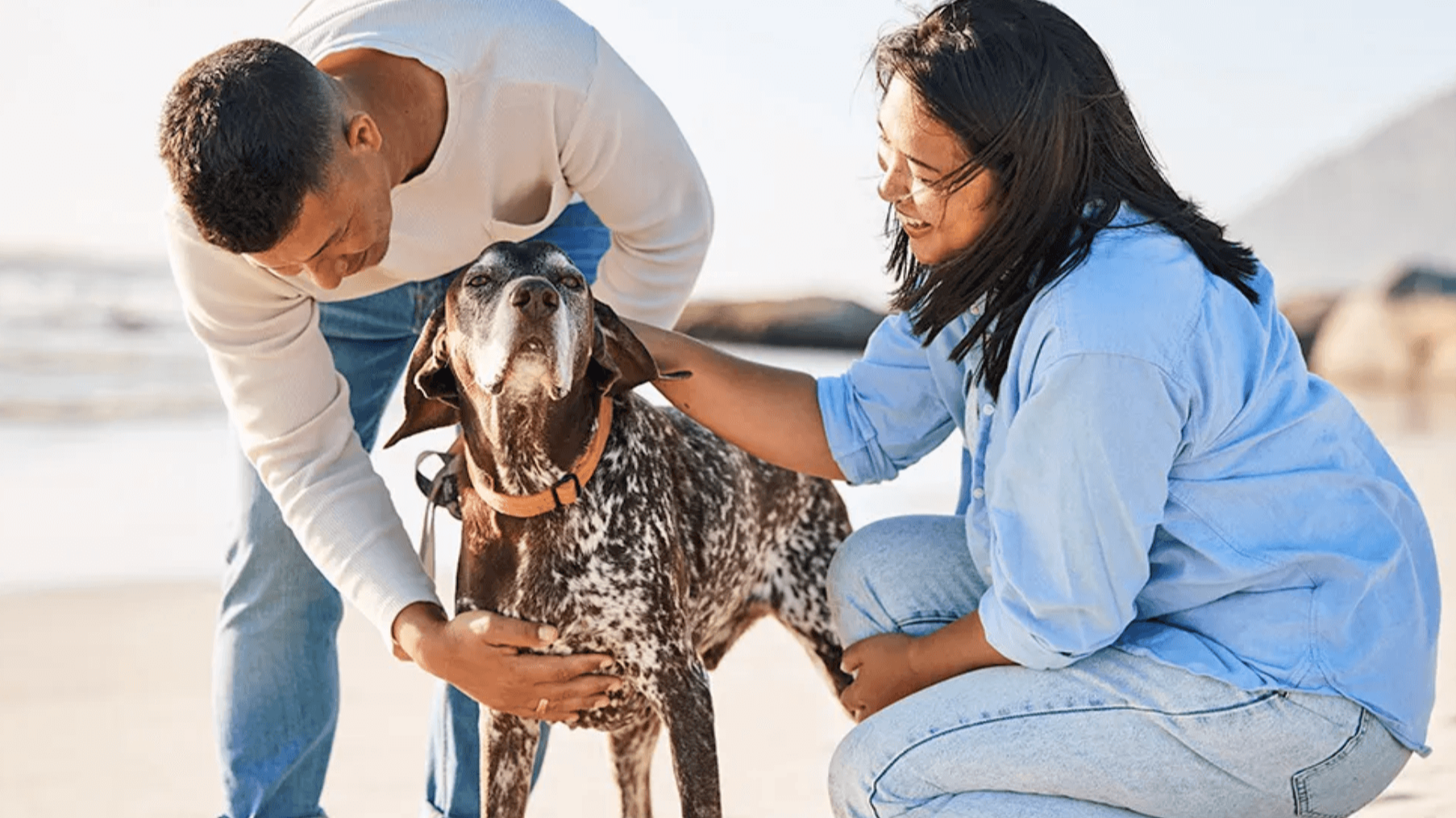
Certified dog trainer Alexandra Bassett says first impressions matter to dogs as much as people.
“If someone acknowledges and greets a dog kindly and takes an interest in them by engaging with them via talking, petting, and fun activities like going for a walk or playing fetch, a dog will remember that,” says Bassett, the founder, lead trainer and behavior consultant at Dog Savvy. “The opposite is also true: Disinterest or negative interactions will be remembered.”
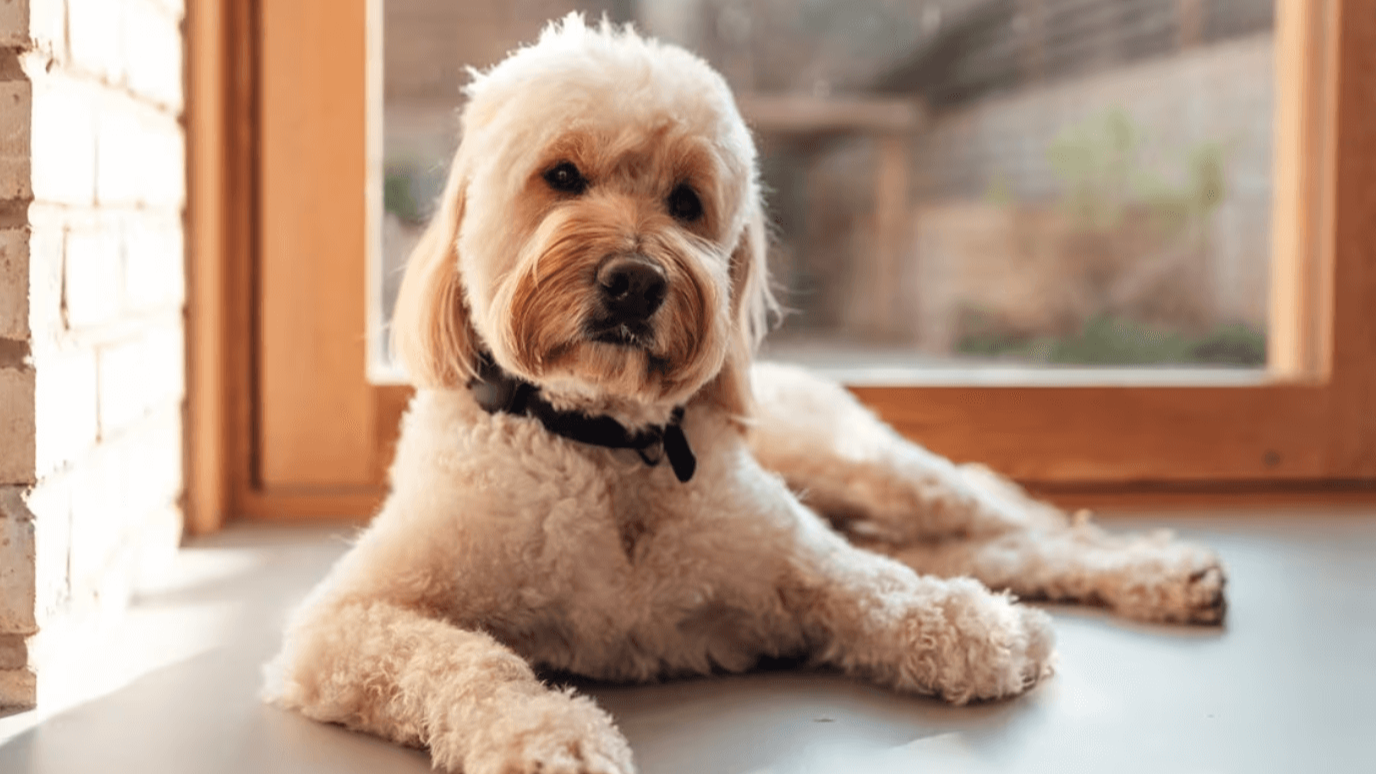
Dogs may not be able to tell us what they are thinking with words, but that doesn’t mean they’re not communicating. From the way they hold their body to the sounds they make (or lack thereof), dogs express stress, sadness and anxiety through subtle cues that pet parents sometimes don’t catch. Because of this, you might not realize that your pup is actually revealing to you that they love you as pups show they miss you without words. To help you recognize some of these dog behaviors, we rounded up 8 signs your dog is sad you’re going to work, according to experts.
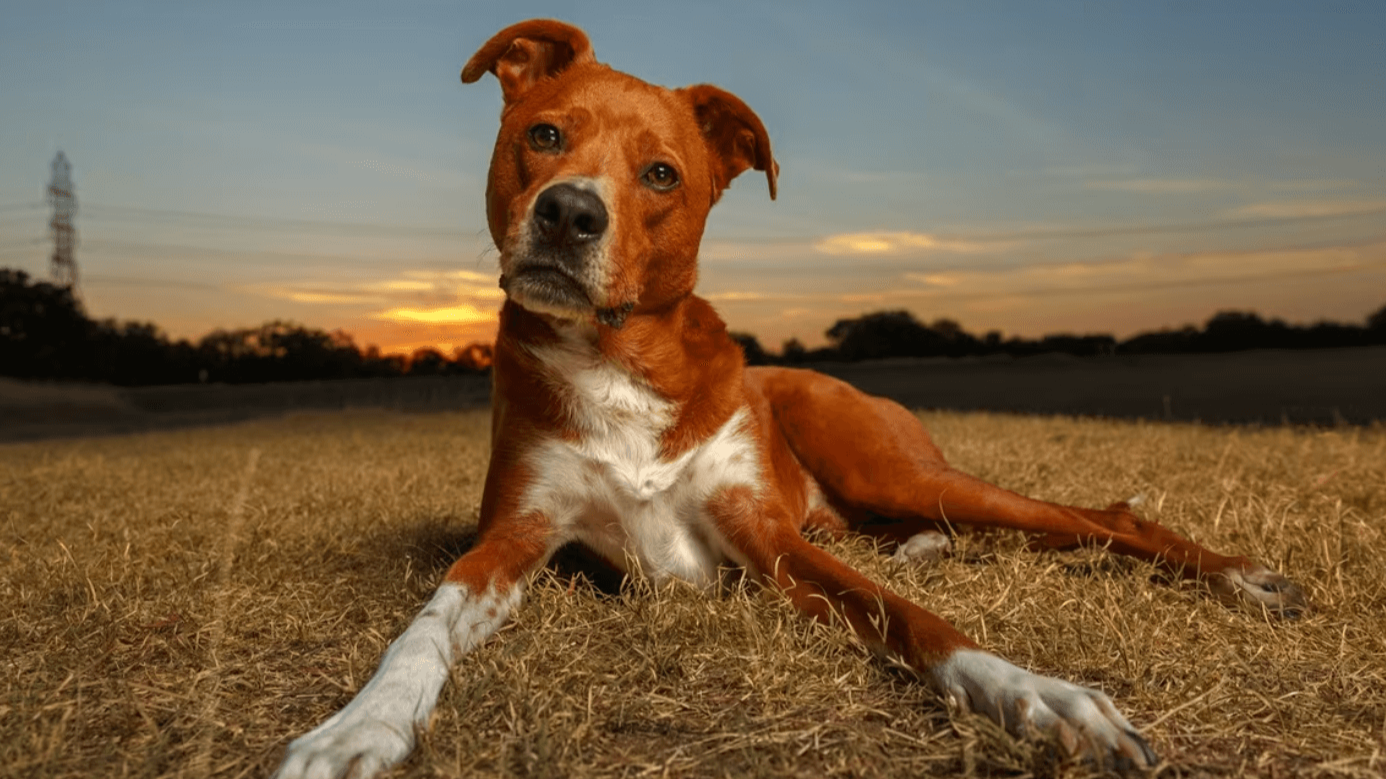
As a pet parent, you may think your dog is the smartest on the block, and we’re not here to tell you otherwise. Yet, even the most intelligent dogs aren’t reading the Merriam-Webster dictionary for fun. However, that doesn’t stop dogs from showing signs of anxiety when they hear certain things said. However, since dogs communicate different than people do, it’s hard to always know what phrases are stressing your dog out. To help out, we rounded up 8 words that make dogs instantly panic, according to professional trainers, along with tips to help your furry friend stay calm.

You’d do anything for your dog, from making sure they have regular vet visits to ensuring their favorite treats are always in stock to showering them with love. But have you ever wondered if your pup would do the same for you? After all, dogs speak a different language and talks differently than you do. To help you figure out what your dog is trying to communicate with you and how they feel overall, we rounded up 7 dog loyalty signs that your dog would do anything for you, according to trainers.
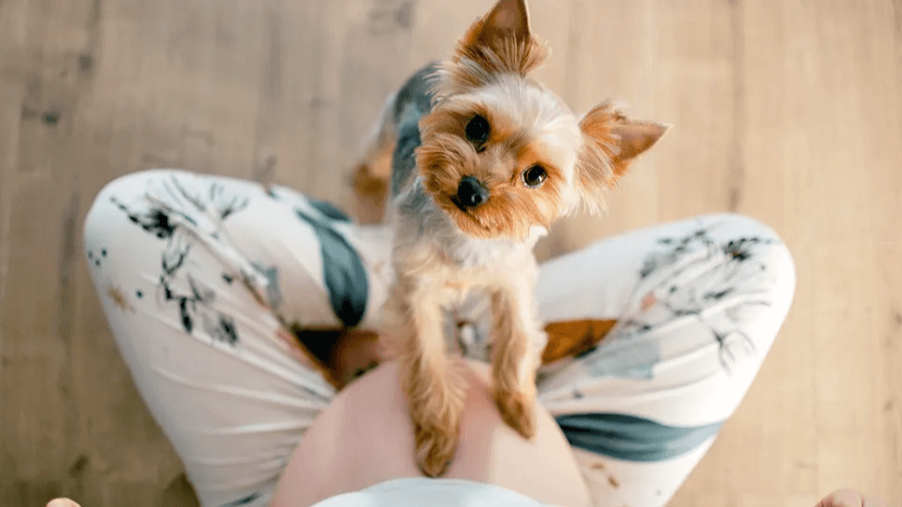
Our dogs are eerily attuned to us — clocking our every movement as they follow us around the house, locking eyes with us in oxytocin-charged, wordless pleas, cuddling next to us on the couch or in bed every night. It’s not so far-fetched, then, that many pregnant people have said their dogs can sense when they’re pregnant — in some cases, per this Reddit post, before they even know themselves — alleging that their dogs will act extra clingy, possessive, or protective once they’re expecting.

Dogs love toys. Whether it’s that first stuffie they get as a puppy to the ratty old relic they still drag around as a senior dog, they are absolutely devoted. But can a dog ever love a toy too much? Concerned pet parents might notice that their dogs become way too into certain toys. It can turn from simple love to obsession… and maybe even addiction. Per a new study, some dogs may display addictive behavior when it comes to their toys.

very holiday with a new puppy brings new joys and challenges, but Halloween might just take the cake. Costumes, trick-or-treaters, and boisterous neighborhood celebrations can be a lot for a new puppy to process. Some might find it exciting and overwhelming, while others might be spooked and worried.
The good news is that all of this newness presents a key training opportunity. How you manage a puppy’s first experience with Halloween can help them navigate all the unexpected sights, sounds, and experiences of not only future holidays, but daily life as well.

Sometimes, your dog gazes at you with the most loving eyes… you think. Maybe they’re just looking for a treat or hoping you’ll take them for a walk. Wait, does your dog even know who you are?
Don’t stress! Your pup definitely recognizes you out of all the other humans at the park, but they may not necessarily see you as their parent.
“Dogs can recognize their human ‘parents’ through sight, sound, and, most importantly, smell,” dog trainer Alexandra Bassett says. “They remember our faces, the tone of our voices, and the unique scent each of us carries. That’s why they often get excited when we come home, respond to our calls, and seek comfort from us — because they feel a deep connection with us as their caregivers.”
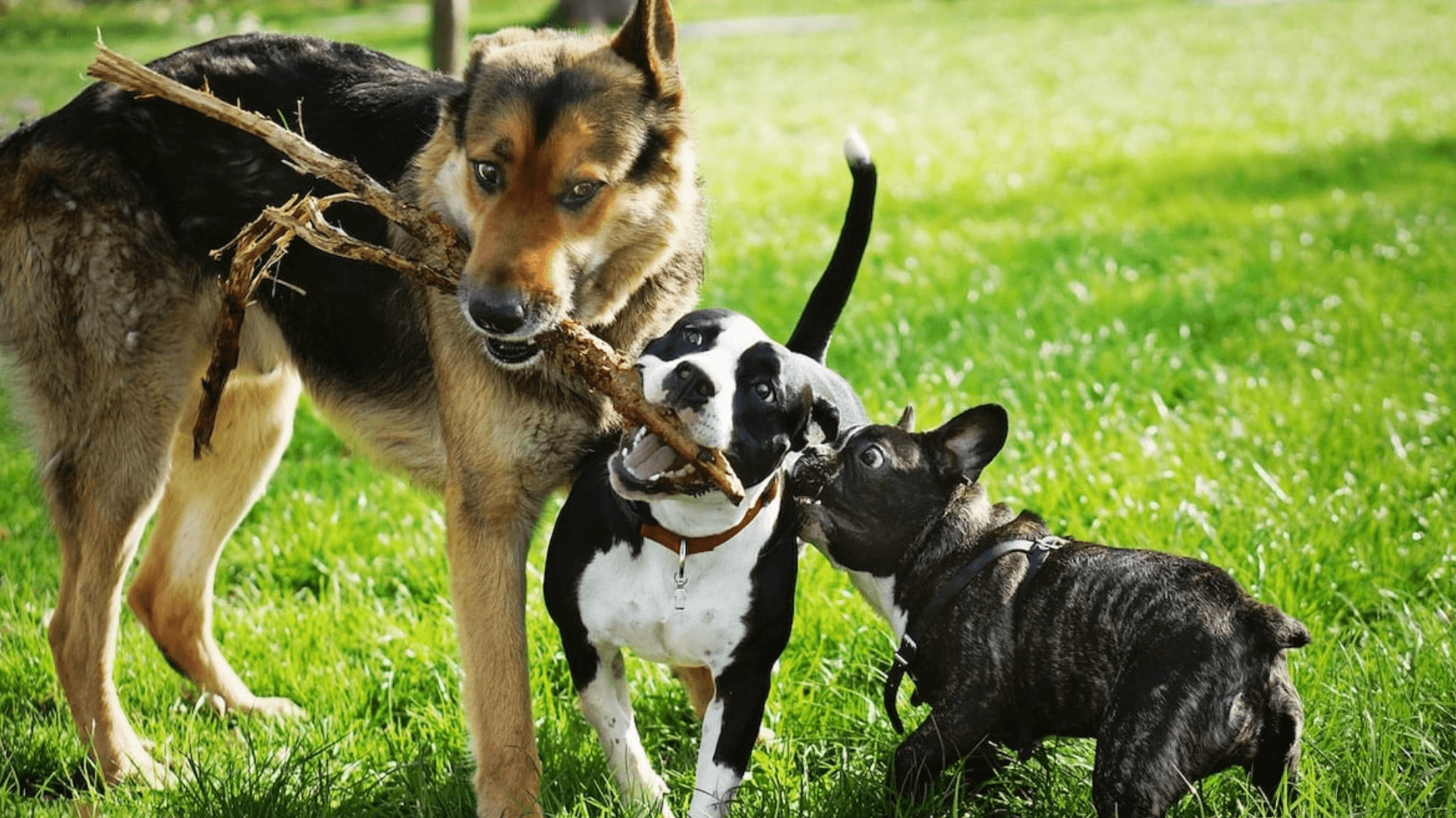
Dog daycare can be a fantastic tool to socialize a pup. But it can also be overstimulating—especially for pups who are already struggling to get along with other dogs and humans. So how do you know if sending your dog to daycare will build confidence and social skills or foster anxieties?
According to dog trainer and behavior consultant Alexandra Bassett of DogSavvy, it’s all about how you use it. With her help, we review the benefits of dog daycare for socialization, how to choose a good one, and how to make sure your dog gets the most out of it, plus when to consider alternatives.

Does your dog lick the couch? You’re not alone! This behavior may seem a little unusual, but it’s not at all uncommon for dogs to lick couches and other things that aren’t food.
Dogs often lick couches, furniture, floors, and other household objects because these things have scents or textures dogs find interesting.
Your dog’s licking habit may be harmless, but it’s still a good idea to pay attention to this behavior. If your dog constantly licks your couch or other non-food items, they could have an underlying behavioral or medical issue that needs attention from your vet.
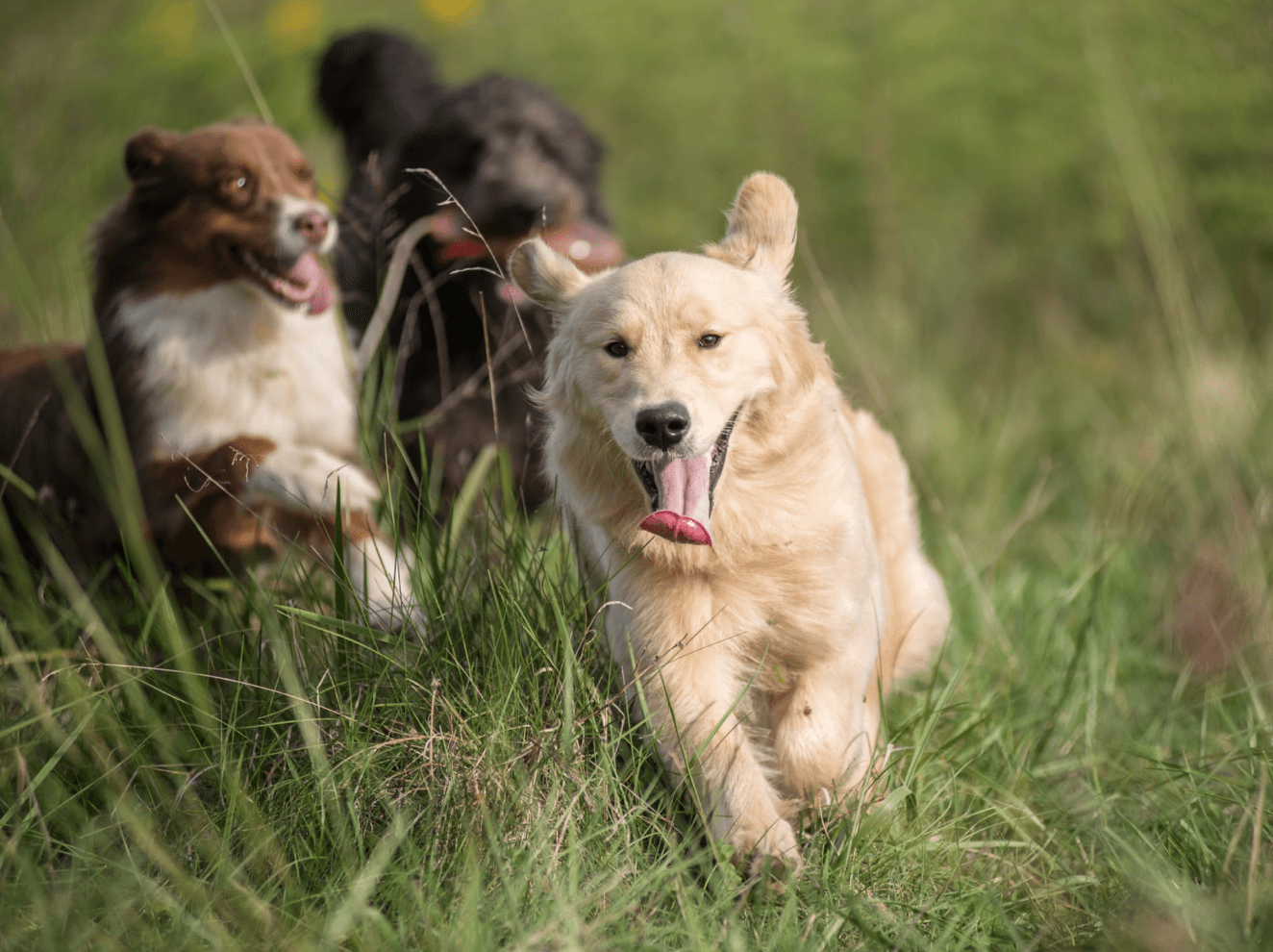
Golden Retrievers have a reputation for getting along with just about every dog out there. So, if you’re on the hunt for a sibling for your Golden, it’s hard to go wrong.
“Goldens were originally bred as hunting dogs to work cooperatively with people and other dogs, so breeders chose sires and dams based on their ‘geniality’ and ability to work well with others,” explains Alexandra Bassett, lead dog trainer at Dog Savvy.
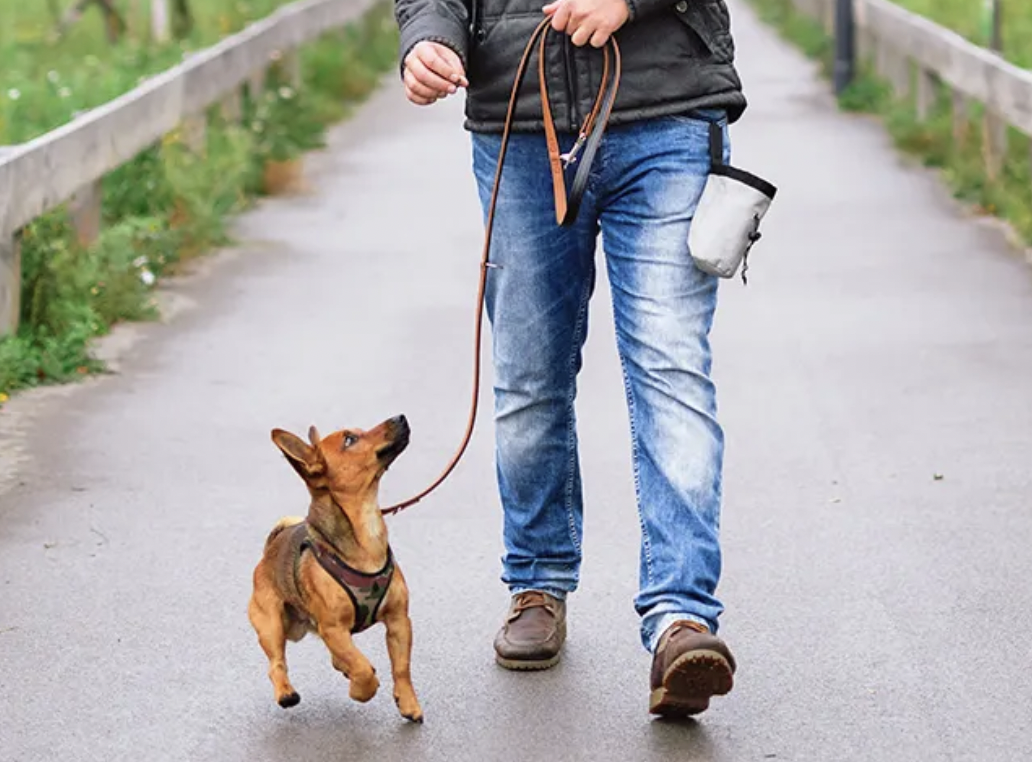
Alexandra Bassett, the lead dog trainer and behavior consultant at Dog Savvy, says heel is a precision-based cue for your dog to walk by your side for a short time. “It’s especially useful when navigating tight spaces, distractions (like other dogs or people), or crosswalks,” Bassett says.
Heeling isn’t a natural canine behavior like sitting or lying down. So the most effective way to approach this is with short, focused training sessions followed by a release cue (such as “free” or “break”), so your dog knows when to end the behavior and relax, Bassett adds.

While Fourth of July celebrations are typically filled with cold drinks, good food, and spectacular displays of fireworks, not everyone may be having fun—in particular any canine guests. Fireworks can be troubling for dogs, especially if they’re already anxiety-prone, explains Alexandra Bassett, lead dog trainer and behavior consultant at Dog Savvy.
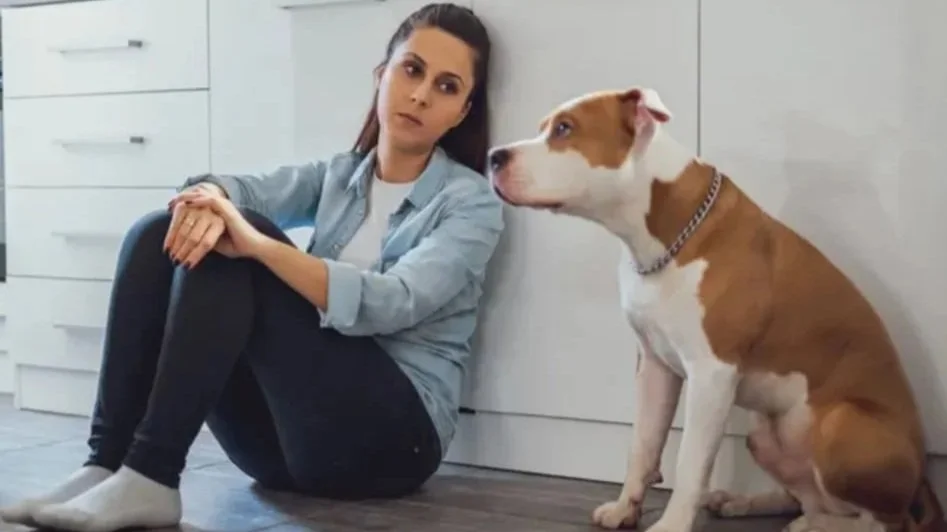
If you’re like most parents, you probably anticipated that it would take some time for your dog or cat to get used to the new baby—as well as the carseats, strollers, bouncy seats, cribs, and other accessories and equipment. But, what you may have been unprepared for is how you would feel about your pet. In fact, you may be downright shocked to discover that you actually feel a lot of resentment toward your pet—the little things you used to find adorable about them, just get on your nerves now. But, rest assured that you’re not alone. There are lots of parents online who are struggling with the very same thing.
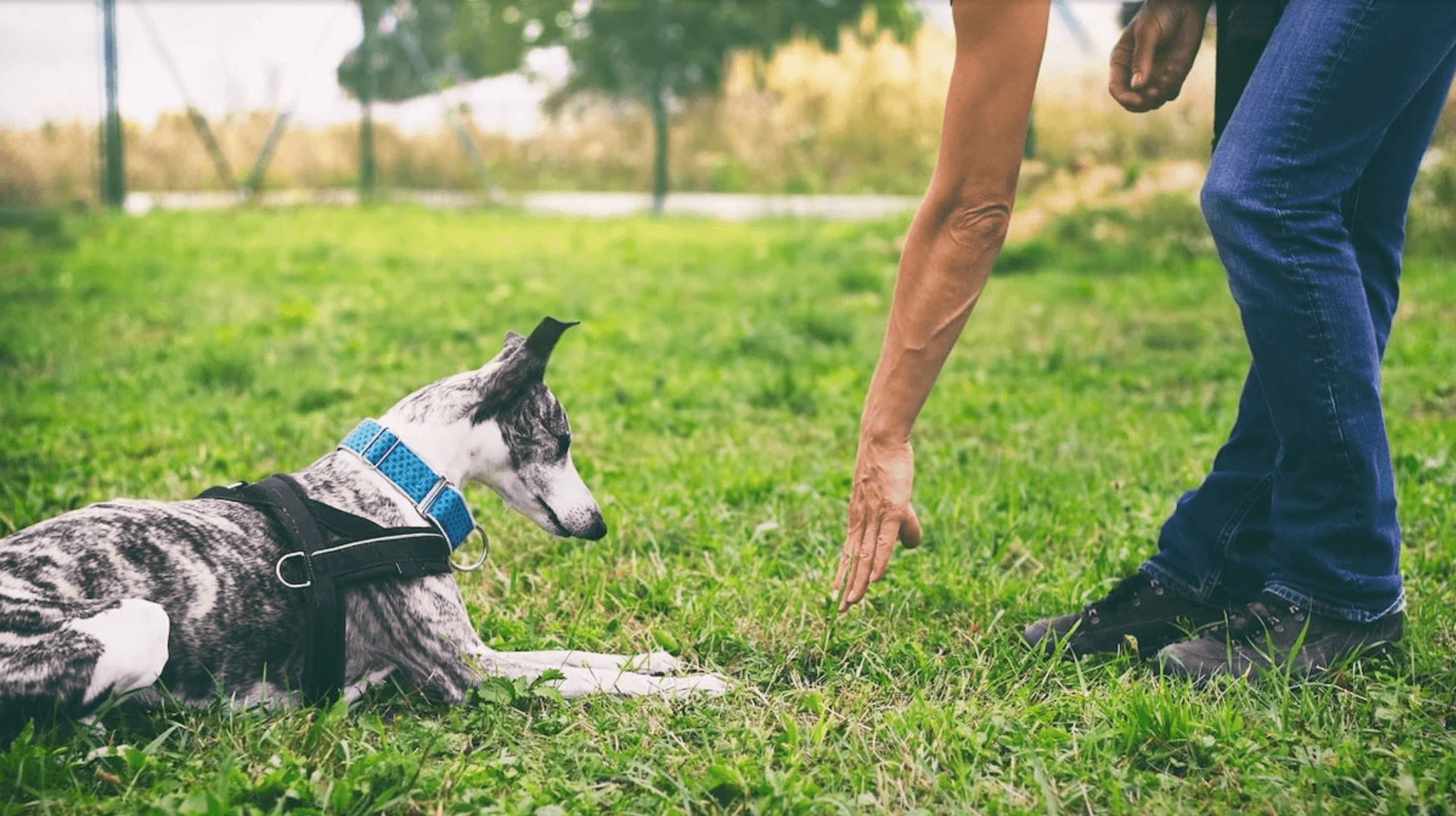
Training a rescue dog is a challenge as unique as each dog—but it can also be rewarding and help you to develop an incredibly strong bond. It’s normal to have some questions and feel unsure. But with consistency and a lot of patience, training a rescue dog is something that many pet parents are perfectly equipped to take on. And the benefits? Nothing short of the opportunity for a loyal friend and countless new adventures.
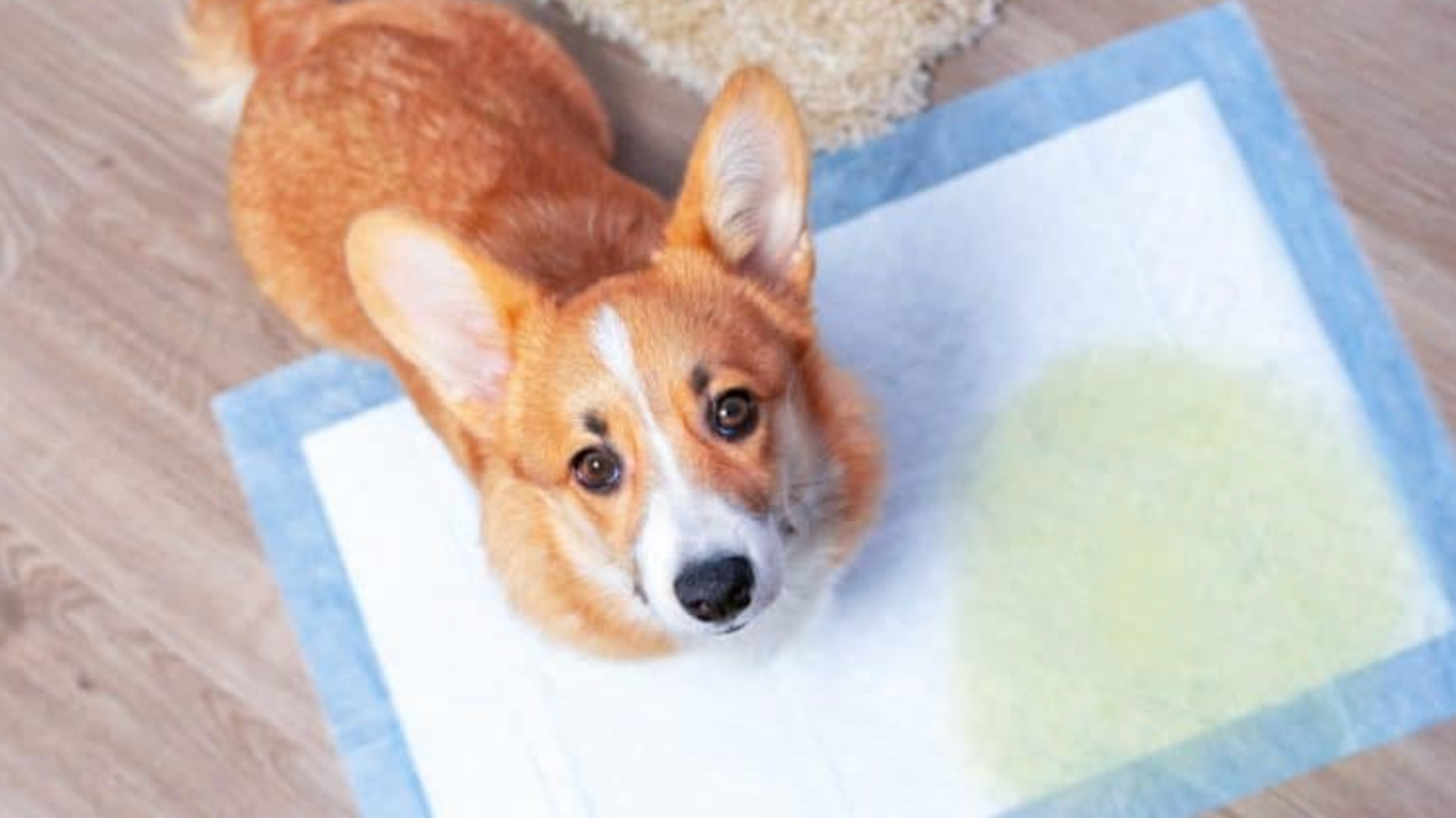
One of the biggest training hurdles for new puppy parents is potty training. While a backyard is a nice convenience, it’s possible to potty train in an apartment, too. Puppies can learn to use a pee pad, a grass patch, or even a litter box, depending on your space and preferences.

They’ve been labeled the “most aggressive dog breed,” turned into memes, and made the punchline of a thousand jokes. But behind the tiny growls and high-pitched barks lies a truth no one talks about: Chihuahuas aren’t born aggressive. They’re shaped by how we treat them.
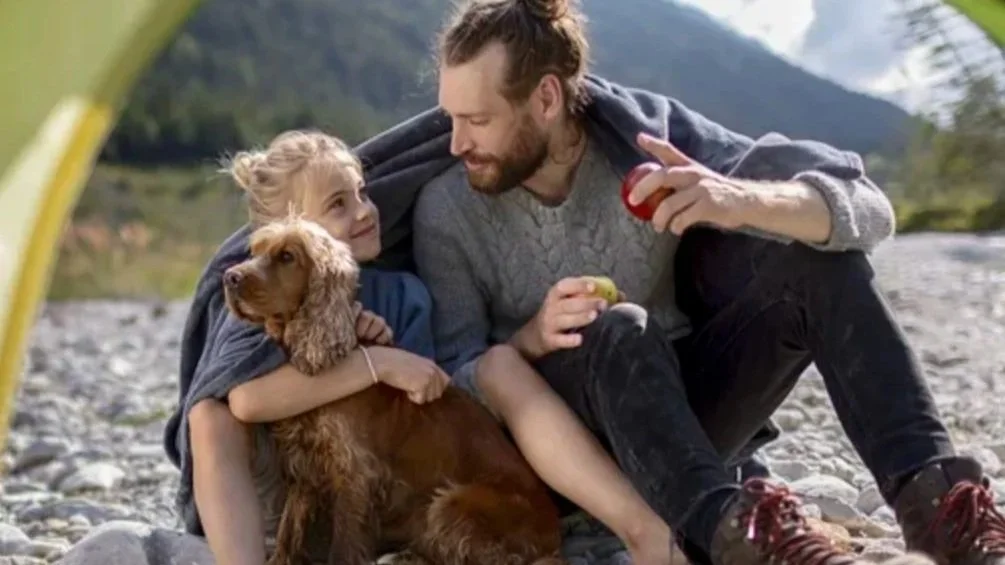
Many pet owners consider their dogs part of the family, and leaving them behind when embarking on a trip is a major downside of traveling. Kenneling can be expensive, and it's often difficult to find reliable pet care while you're away. Luckily, there are plenty of pet-friendly vacation destinations where dog lovers will absolutely thrive. Our four-legged family members are only with us for a short time — if we're lucky we'll have them by our side for a little over a decade so it's well worth taking them on a few adventures.
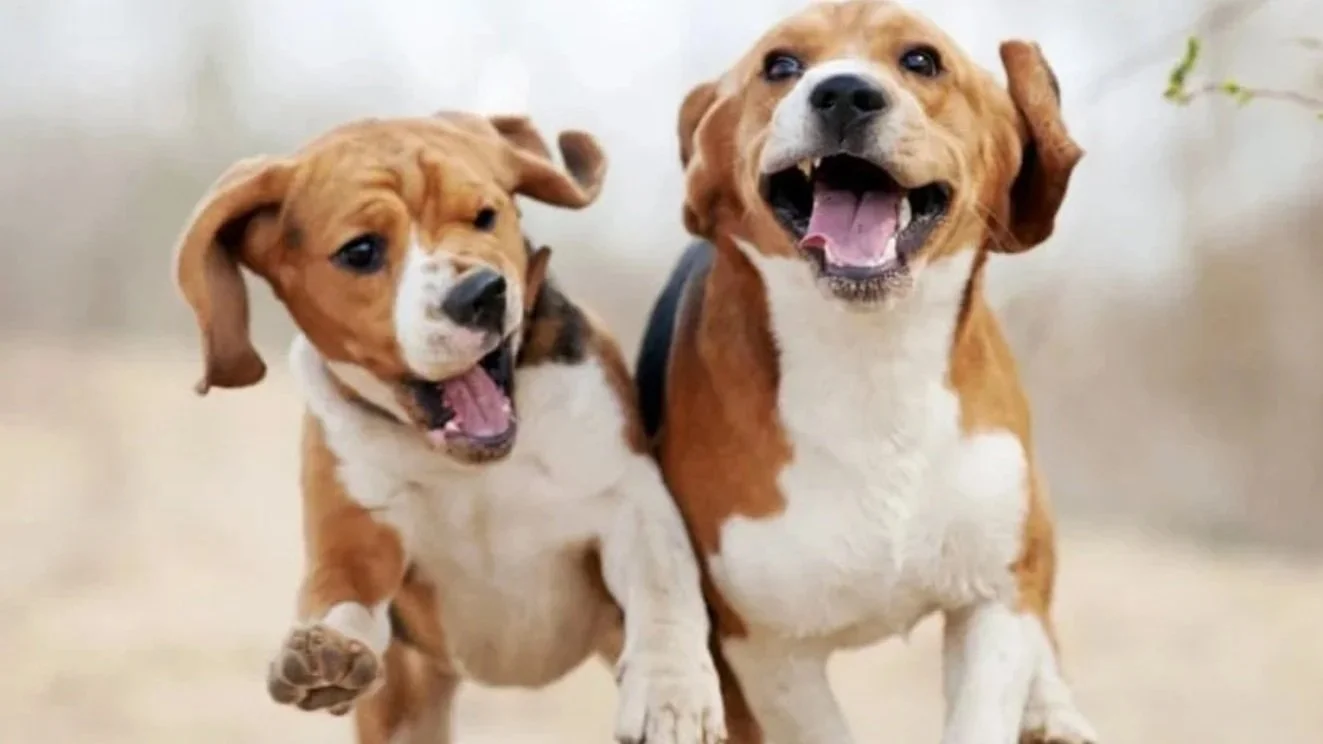
Dogs aren’t that different from humans when it comes to socializing—minus the introductory sniffing, of course. Like their two-legged counterparts, some dogs happily get along with everyone, while others have preferences about the animals they want to spend time with. In fact, many dogs are “dog selective,” meaning they prefer a small but close circle of canine friends and show disinterest or even dislike toward pups outside of this group.
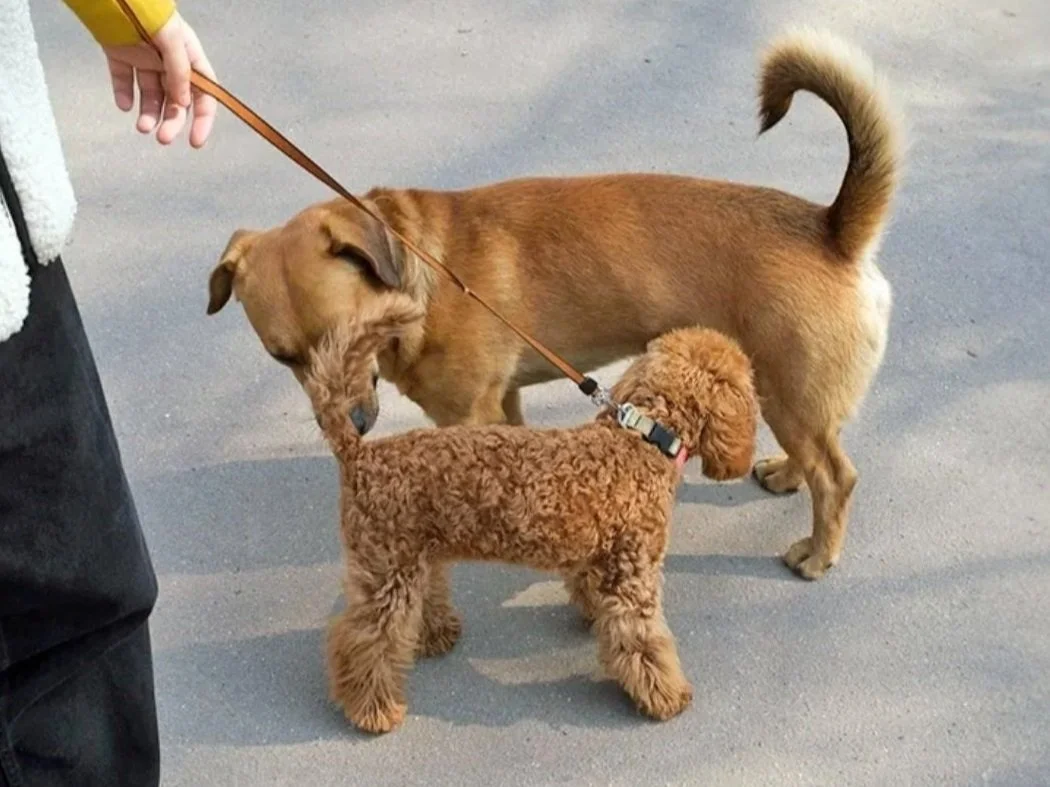
If you’ve ever taken your dog to a daycare or dog park, you’ve probably noticed their first order of business is to sniff other dogs’ butts. Sure, they may be saying “hello,” but does it have to be so… invasive?

A fenced-in yard is meant to be a safe haven for dogs to roam around and enjoy nature's sights, scents, and sounds. The confines of a backyard should give pet parents moments to relax or work without a dog asking for attention. However, according to the American Humane Society, around 10 million pets go missing annually. A fence-jumping canine can go missing after its escape or, even worse, be hurt in traffic or attacked by another animal.

Anyone who has ever lost a dog knows it’s a heartbreaking experience. When a dog dies, you don’t just lose a pet, you lose a companion. You lose a witness to your life, a keeper of your secrets, the one who catches both crumbs and tears. Those who aren’t dog people may not get it, but those of us who’ve been lucky enough to love and be loved back by a dog know the truth: Saying goodbye is brutal. And this grief is only compounded when you have another dog at home also navigating the loss. But is it as hard for them as we imagine? Do dogs grieve other dogs, really?

Whether it’s part of their breed temperament or due to stressful experiences, some dogs are more anxious than others. If your dog tends to whine or bark specifically when you leave the room or house, they might be suffering from some level of separation anxiety. While it’s flattering that your precious pup loves you so much, they don’t want to part with you, it’s not physically or emotionally healthy for them to be upset or scared every time they’re alone. Thankfully, there are things you can do to help ease some of their distress. Here are some of the top tips from veterinarians and canine behavior experts for how to help a dog with separation anxiety.

Dogs use their mouths to explore their world. Testing out a little piece of dirt here and there is pretty normal dog behavior. But actually eating it, especially compulsively or excessively, is not normal. Eating objects that are not food-related is an eating disorder called pica. Pica is typically considered a mental health issue, but it also can be the result of a medical condition or poor nutrition.
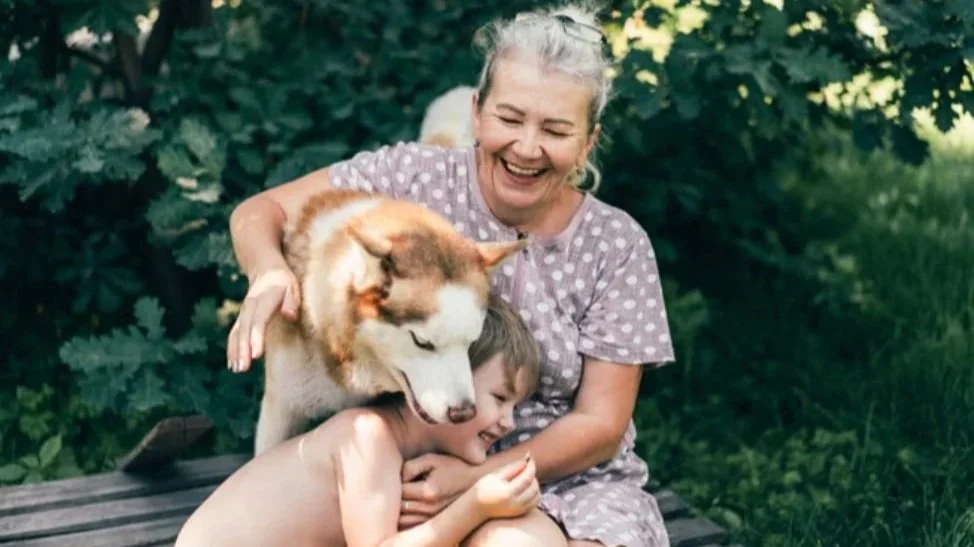
From regular exercise to feeding schedules, dogs thrive on healthy routines and repetition. And lucky for us, so do humans. Even the smallest habits, whether it’s getting in our daily steps or spending time with loved ones, can have a huge impact on our physical and mental health. So it makes sense why owning a dog can greatly impact your life in countless wonderful ways.

Does your puppy go into a panic when you leave the house? Or maybe they destroy their crate or even try to escape from it. It’s normal for a new puppy to feel a little nervous in their new home, but intense fear of abandonment is a hallmark of puppy separation anxiety.

Nearly a year ago, we said goodbye to our family dog, Rudy. He lived for almost 15 years and had a full life. But no matter how many times we tried to reassure ourselves of that, we were grief-stricken. Rudy, it turns out, was more than just our furry family member — he was also the carrier of so many of my childhood memories with my parents and siblings. Lately, I've begun to wonder about the possible inclusion of a dog in our home, but I am also curious about the best age for kids to get a dog. My daughter is only about to be 3 and we already have four adopted cats (yes, I know), so I don't know if there are guidelines for these kinds of things. That's why I called on a few experts to lend their insight.

Finding the right size crate for your dog is important—after all, a bad fit can impact your dog’s comfort and training progress. And there’s a lot for pet parents to consider. How do you calculate the size of a dog crate? What size crate is considered small, medium, or large? What size crate should you get if you have a growing puppy? If you’ve been asking yourself any of these questions, you’ve come to the right place. We consulted expert dog trainers and veterinarians to help you determine the best size crate for your pup.

Dealing with an aggressive dog can be scary and confusing, and there is a wide range for what qualifies as an aggressive response from a dog. Aggression is a common response for dogs who feel threatened or unsafe. For example, when a dog barks, growls, or shows their teeth when scared or anxious. If aggression appears to happen “suddenly”, it is likely the dog has experienced people ignoring their behavioral cues. By understanding the different types of aggression, such as territorial or fear-based, and how to manage them, you can handle aggressive behaviors more effectively. Keep reading for signs, causes, and tips for managing aggression in dogs.

For some pet parents, having a dog that doesn’t bark may seem like a dream. But if you’re the human to one of these dogs, you might be surprised, confused, or worried. It can be even more concerning if your previously chatty pup has suddenly gone quiet. A dog’s bark serves many purposes. Barking can be used to issue a warning, express excitement, and relieve boredom. The reasons that dogs don’t bark are just as varied—and a bit more complex. Personality, age, and breed all play a part in whether a dog barks frequently or at all. Other factors like their health and training can also play a role.

Your dog can adjust to a new name, and it’s easier than you might think. Whether you’ve adopted a dog with a name that doesn’t quite fit, or you’ve had a change of heart about the name you chose, you may wonder: Can you rename a dog? Absolutely. Changing a dog’s name is not only possible but also relatively straightforward. It requires only patience, positive reinforcement, and consistency. We’ll walk you through how to teach a pup their name with ease.

A dog’s tail is a communication device that does more than signal happiness to others. In fact, people and dogs can learn a lot about the message a dog sends through their tail. Whether your dog is tucking their tail between legs or sits curved over the back, knowing a dog’s tail language can help you understand your dog’s mood and intentions.

This month, almost 200,000 people were forced to evacuate their homes because of out-of-control wildfires in Los Angeles earlier this month. Alongside many of these people were pets of all kinds: dogs, cats, birds, and even larger animals, including horses and donkeys. The danger of these fires continue, with another breaking out about 50 miles north of LA on Wednesday, causing 31,000 people to evacuate.

Does your dog like burying bones, toys or other items? That’s completely normal. Digging is a pastime that many dogs enjoy, and burying “treasure” can make things even more fun.
But why do dogs bury bones—and what, if anything, should you do about it?

The bond that exists between canines and humans is unmistakable (there’s a reason dogs are called “man’s best friend,” after all). They’re adaptable creatures that bond with their human counterparts — and that includes babies. Like humans, dogs are extremely social creatures. Alexandra Bassett, lead dog trainer and behavior consultant at Dog Savvy Los Angeles, says, “All dogs have a mating drive and den instincts; it’s part of what’s called their ‘pack drive.'” When a dog has a strong pack drive and is tightly bonded with his family, it’s only natural that he becomes protective of a new baby when he or she arrives.

Socialization is integral to helping your dog happily and confidently exist in the world. But it’s so much more than throwing them into new situations and hoping for the best—especially for adult dogs. Many mature dogs’ ‘bad’ behavior stems from past traumatic or negative experiences. Building new positive associations is a key part of how to socialize an adult or rescue dog.

Adopting a puppy is an exciting time filled with cuddles, new adventures, and lots of training. One question new puppy parents may have is how to know if their new puppy is bonding with them. Building a bond with your new puppy is an important step in your relationship to build upon communication and trust. We spoke with Alexandra Bassett, a certified professional dog trainer and lead dog trainer & behavior consultant at Dog Savvy. She breaks down the signs your puppy is bonding with you—plus how to strengthen your bond.
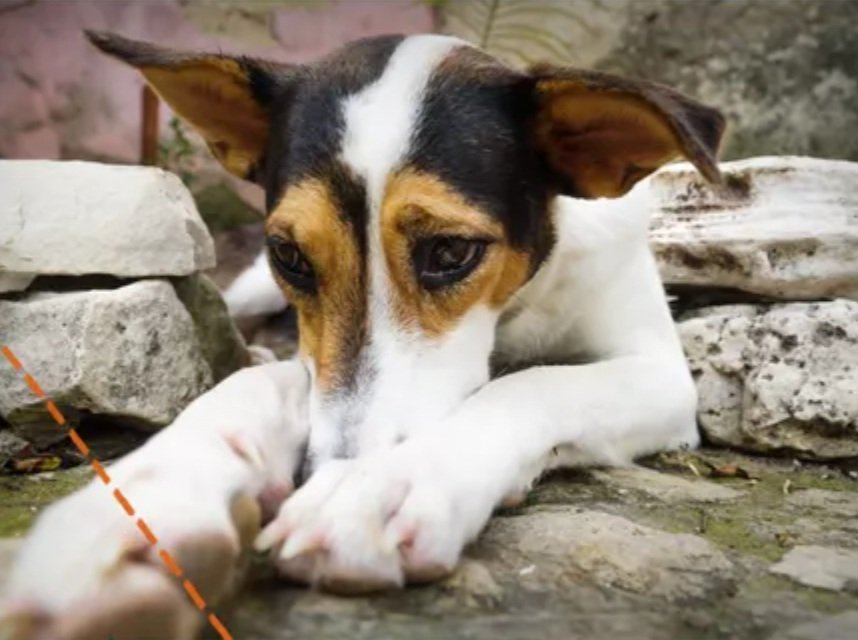
You’ve been dreaming of getting a puppy for years, and now you’ve finally welcomed a little furball into your home. You expected to feel a bit tired from your pup’s playful antics, but you didn’t see the puppy blues coming—feeling sad, anxious, or completely overwhelmed after bringing your new puppy home. What gives? If you're feeling this way, rest assured—you’re not alone, and it doesn't make you a bad pet parent. Many new puppy parents experience these emotions as they adjust to the significant life changes that come with a new puppy.

When your dog knows how to “drop it,” they understand they need to let go of something in their mouth, whether it’s a toy or something they shouldn’t have. This is a skill you need to teach your dog, and it can be part of training or playtime.

"All dogs are born with an array of survival instincts that can be classified as 'respondent behaviors,' meaning that they are inherent from birth and not a learned behavior," explains Alexandra Bassett, CPDT-KA, lead trainer and behavior specialist at Dog Savvy Los Angeles. One such involuntary response is pack instincts.

Playing with your puppy is one of the best parts of adopting a young dog. But did you know that play is more than just fun for your pup? Experts say that playing is a crucial part of your dog’s development, setting them up for success later in life. Puppy games a great way to get in some extra training time, to challenge their growing minds, and to expend some of that seemingly unstoppable puppy energy.

As a professional dog trainer with over two decades of experience, I've encountered countless canine personalities and behaviors. One question I'm frequently asked is, "Why does my dog behave the way it does?" The answer isn't always simple.

Let’s begin with the dog’s feelings: Is the dog as heartbroken by the breakup? Alexandra Basset, the lead trainer and behavior specialist at Dog Savvy, says that it depends on your ex’s involvement before you split.
“For instance, if the dog got more attention and daily walks from the person who is no longer present and their routine has now changed, but not for better — meaning less attention and daily walks — this can have a negative impact on the dog,” she says.

Jealousy-like behaviors in dogs stem from inherent dog behaviors, like resource guarding or reactivity (redirected excitement), says Alexandra Bassett, CPDT-KA, Lead Dog Trainer and Behavior Consultant at Dog Savvy.
Regardless of the underlying cause or whether dogs do get jealous, these behaviors can and should be addressed—read on for expert-approved tips to help restore harmony in your home.

Dogs come in all sizes and breeds, which can affect how long it’s safe to leave them outside. While larger dogs with thick coats may enjoy outdoor romps for longer periods in chilly temperatures, their smaller single-coated and hairless counterparts, on the other hand, can spend more time outside on sunny days but not in the cold.

Alexandra Bassett, the lead dog trainer and behavior consultant at pet training website Dog Savvy Los Angeles, told Newsweek that dogs suffering from separation anxiety can act out because of "extreme frustration they feel about being left behind when their pet parents leave home or leave them somewhere else, like a boarding facility/with friends when they go for a vacation."

We consulted Alexandra Bassett, a certified professional dog trainer (CPDT-KA) and the owner, lead dog trainer, and behavior consultant at virtual dog training company Dog Savvy about clicker training.
She says clicker training is a form of positive reinforcement training that uses a clicker to communicate with a dog about when they will earn a reward.

“It’s important to instill leash manners in stages where a dog first learns to get comfortable wearing a leash and collar and then learns to stay close and pay more attention to their handler indoors before taking them on an actual walk outside,” says Alexandra Bassett, Lead Dog Trainer and Behavior Consultant at Dog Savvy.
“I’d recommend that pet parents spend anywhere from 4 to 8 weeks training a dog inside and close to home (i.e. just on the street in front of their home) to instill good manners in their dog before going on longer walks.”

Dog Separation Anxiety Trainer, Alexandra Bassett, explains what causes separation anxiety in dogs.

Teaching a dog to pee on command can be incredibly convenient. Imagine never running late because your pup took too long to find the perfect spot for a potty break. With a potty cue, you can make those rushed mornings or rest stops a lot more manageable. To learn how to teach a dog to pee on command, we spoke with two professional trainers: Rachel Lane, certified behavior consultant, dog trainer, and the owner of Leash & Learn, and Alexandra Bassett, CPDT-KA, lead dog trainer and behavior consultant at Dog Savvy.

Dog trainer, Alexandra Bassett, is the owner and behavior consultant at Dog Savvy, an online private dog and puppy training company. She specializes in game-based dog training and treating problem dog behaviors like dog separation anxiety.

In any new environment, it’s best to keep your dog on a leash; that way you can control how any new encounter goes. The friendliest, most socialized dog can also be afraid. Alexandra Bassett, a dog trainer and behavior consultant at Dog Savvy Los Angeles, says having your dog on a leash allows you to easily calm him should he feel uneasy.

Training a dog should be a fun, interactive experience. One of the most innovative training method’s is called “Learning Through Games Of Choice,” a game-based training system that is designed to teach dogs self-control. Dog Savvy Los Angeles is proud to be using this methodology to train dogs in Los Angeles.

Does your dog flip onto his back every time you go to pet him?
It’s actually super common for dogs to show their bellies off to humans — literally begging you for a belly rub.
So you’re probably wondering: Why do dogs like belly rubs so much?
To find out more, The Dodo spoke with Lydia Hunter, a trainer at Dog Savvy Los Angeles.

Dog Trainer Alexandra Bassett provides expert insight into dog and puppy behavior.

A dog's mouth is the only part of their body that can grasp things, so picking things up with their mouth is one of the ways that they explore the world and satisfy their curiosity about the objects that attract them by sight, scent or sound—much like a human toddler," Alexandra Bassett, CPDT-KA, the lead trainer and behavior specialist at Dog Savvy Los Angeles, tells BeChewy. However, if your dog is eating dirt, it may indicate a serious underlying problem like hyperthyroidism.

If you're convinced that having a dog makes you a better person, you're probably right. Study after study has shown the health benefits of having a dog, from reduced stress to improved heart health, to a better social life — the list just goes on and on.

It’s normal for puppies and dogs to chew on objects as they explore the world. Chewing accomplishes a number of things for a dog. For young dogs, it’s a way to relieve pain that might be caused by incoming teeth. For older dogs, it’s nature’s way of keeping jaws strong and teeth clean. Chewing also combats boredom and can relieve mild anxiety or frustration.

Training your dog is easier than ever thanks to the help of a huge array of toys and resources that are available at the click of a button. The items on this list focus on the physical energy your dog needs to work off, all while engaging their mental energy, too. There are things to encourage a daily play or exercise routine, which is a great step towards maintaining a well-behaved dog. The second part of the puzzle is toys and tools that help keep them focused and exercise their brain.

Ah, that new baby smell. There is truly nothing like the scent of a newborn. I know that I can get lost in a good cuddle session with a bundle of joy and the intoxicating smell of their newness, but what about my dog? Is there a reason why dogs sniff babies?

Los Angeles Dog Trainer, Alexandra Bassett (CPDT-KA), comments on how to choose a dog walker for Pet Coach.

Nearly a year ago, we said goodbye to our family dog, Rudy. He lived for almost 15 years and had a full life. But no matter how many times we tried to reassure ourselves of that, we were grief-stricken. Rudy, it turns out, was more than just our furry family member — he was also the carrier of so many of my childhood memories with my parents and siblings.






























































